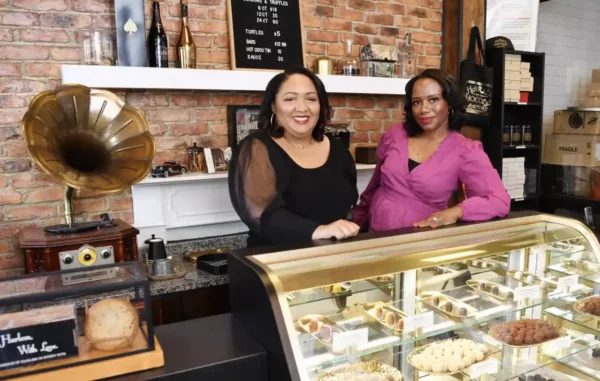By Gloria Oladipo, The Guardian
Black business ownership is surging in the US despite the coronavirus pandemic, research shows, with a rise in businesses owned by Black women.
At the start of the pandemic, Black-owned businesses suffered. Between February and April 2020, Black business ownership dropped by more than 40%, the largest drop of any racial or ethnic group, according to a report from the House committee on small business.
When government aid became available, Black business owners received fewer small business grants than white business owners, with paycheck protection program funds only reaching 29% of Black applicants versus 60% of white ones.
But according to research from University of California Santa Cruz economist Robert W Fairlie, Black business ownership is now up by almost 30% on pre-pandemic levels.
The Biden administration has said a record number of people are starting their own businesses. Women of color are the fastest-growing group of female entrepreneurs.
“At a time when folks are rethinking their lives and choices, it is not surprising that more Black women are electing to become CEOs of their own companies rather than waiting for their intelligence and skills to be recognized at their current firms,” Melissa Bradley, founder of 1863 Ventures, an agency for Black and brown entrepreneurs, told Business Insider.
Pandemic layoffs could be another factor in the rise of Black business ownership. Job insecurity caused by Covid-related restrictions prompted many people to explore alternative options, including starting businesses.
Diamonte Walker, deputy executive director of the Urban Redevelopment Authority of Pittsburgh, told the Pittsburg Post-Gazette: “Being beholden to corporations and institutions just doesn’t feel like a safe bet in times of uncertainty, whereas the risk of starting a business now starts to feel a lot less than the risk of sitting on a job not knowing when your number is coming up.”
Experts say the emergence of female Black business owners could be explained by Black women wanting more control over their work life.
Millions left their jobs during the pandemic due to inadequate pay, lack of childcare options and debates about remote work, all compounded by systematically low pay and workplace discrimination.
“If you start your own business, some of those obstacles may not be as acute as if you were relying on employment from someone else,” the Wells Fargo chief economist, Jay H Bryson, told Insider.
“There may be avenues that certainly benefit anybody, but proportionally they’d be more beneficial to the Black community than other parts of the population.”
Click here to read the full article on The Guardian.



